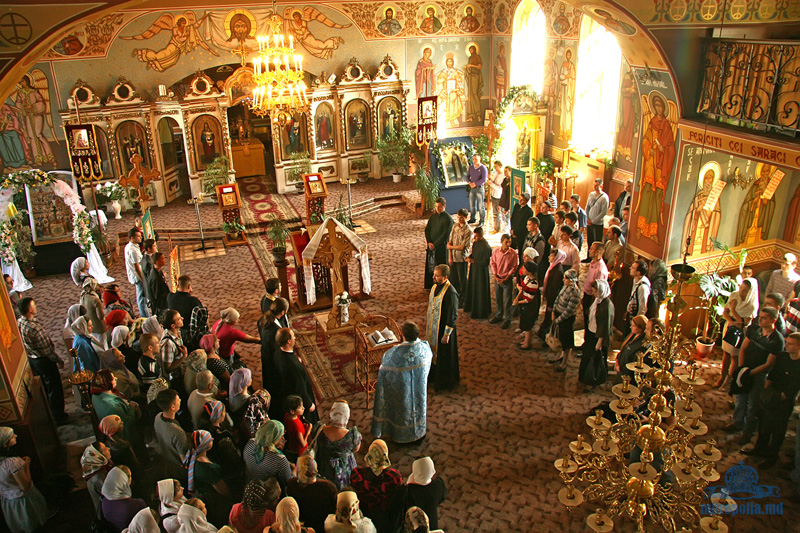 by Fr. Johannes Jacobse –
by Fr. Johannes Jacobse –
People say that the Liturgy is the Kingdom of God entering time and while this definition works I suppose, I have never really understood what it really means. Yes, I understand it abstractly, but abstraction has only a limited usefulness. So I’ve come up with another.
Worship is necessary because it creates the place where the soul can experience a measure of the necessary reordering that fosters healing. The soul has structure, and the healing of the soul, which is also the healing of the person, is one of the concrete, experiential constituents of salvation. Salvation is not metaphorical. It is real which means that it is experiential and affects concrete change and transformation measured as the healing of the person. [Read more…]

 by St. Anthony the Great –
by St. Anthony the Great – by Robert Meyer –
by Robert Meyer –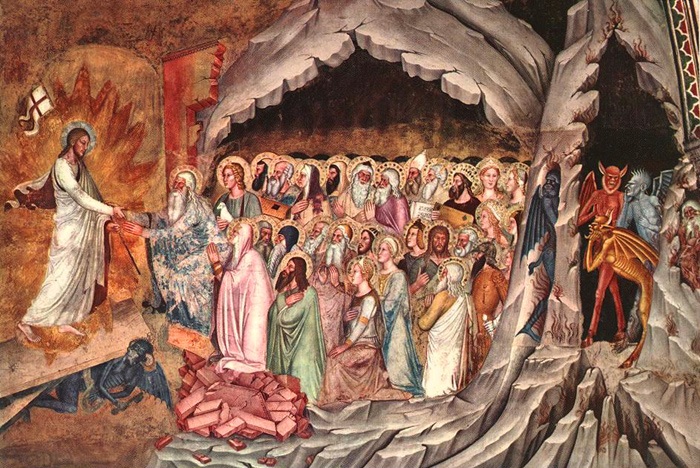 by Leon J. Podles –
by Leon J. Podles –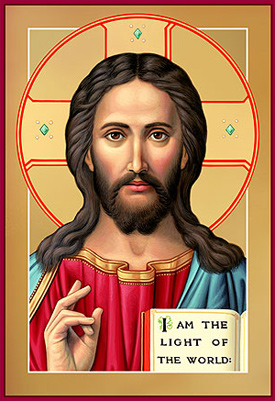
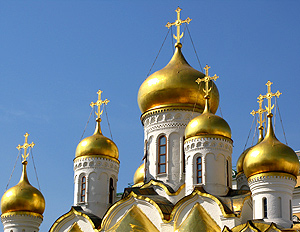 by Texas Orthodox Priests –
by Texas Orthodox Priests –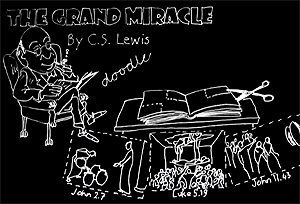 by C.S. Lewis
by C.S. Lewis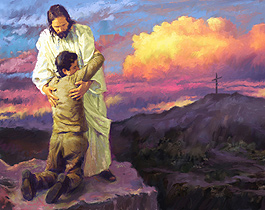 by Rick Warren –
by Rick Warren –